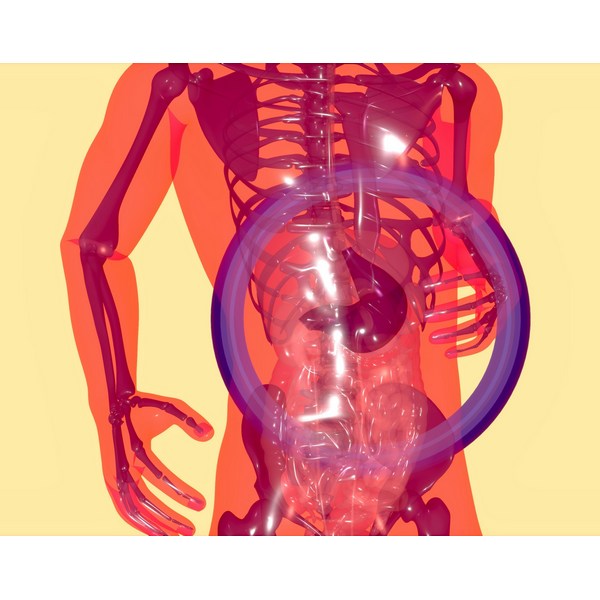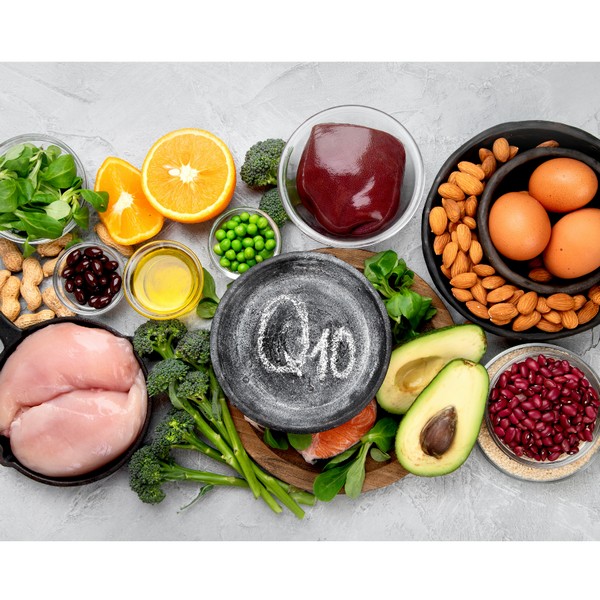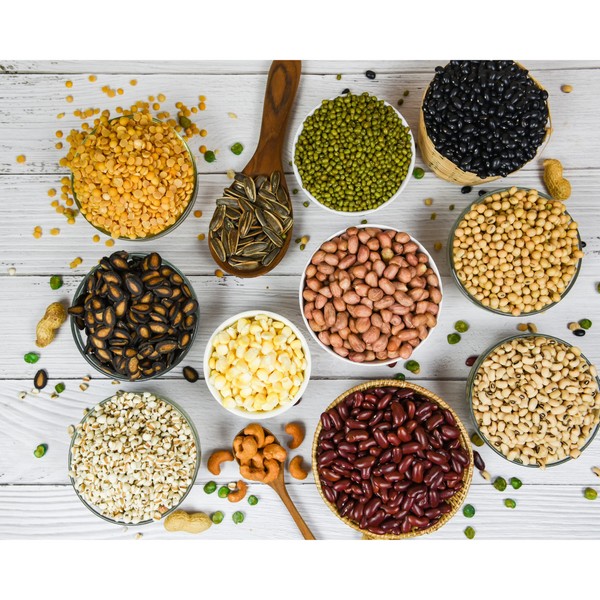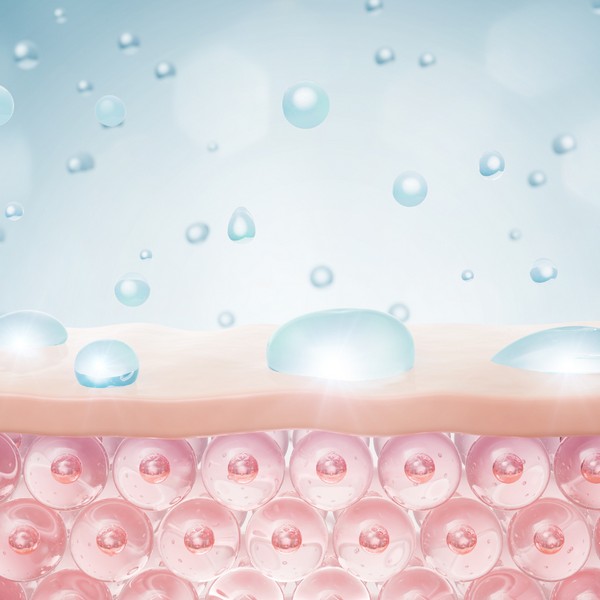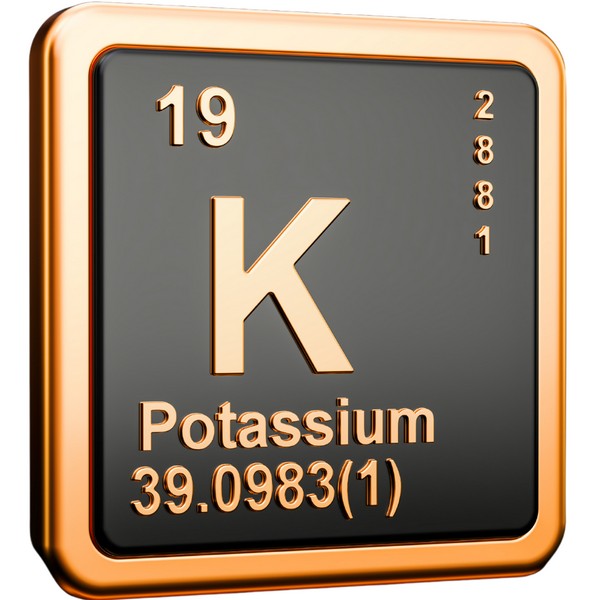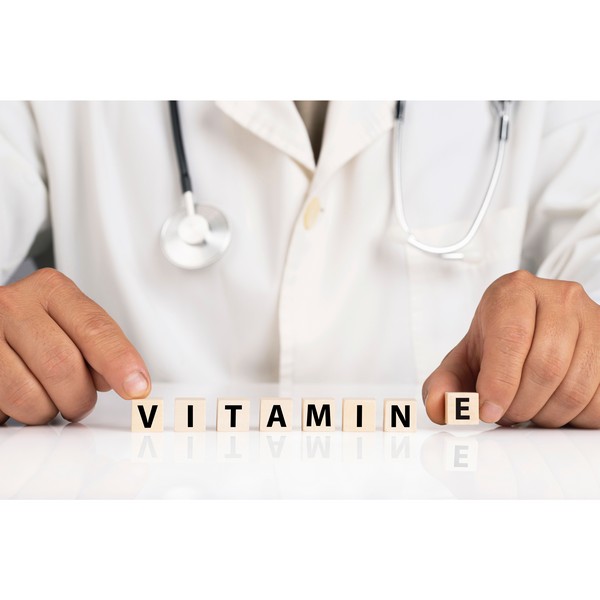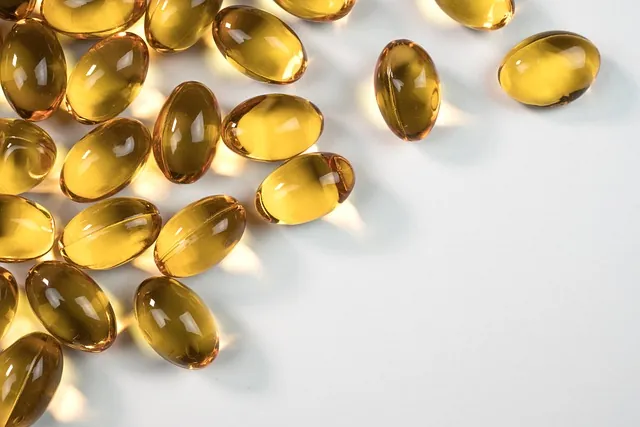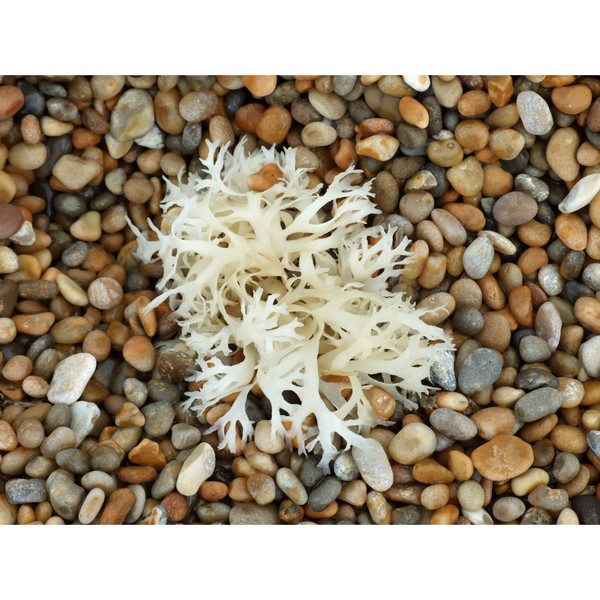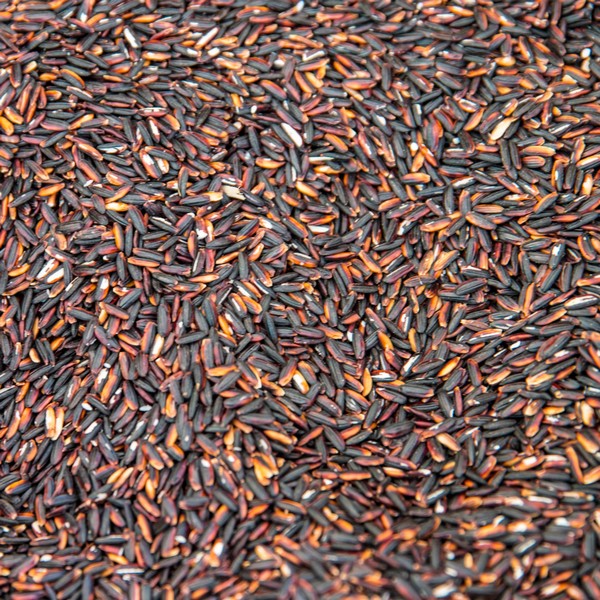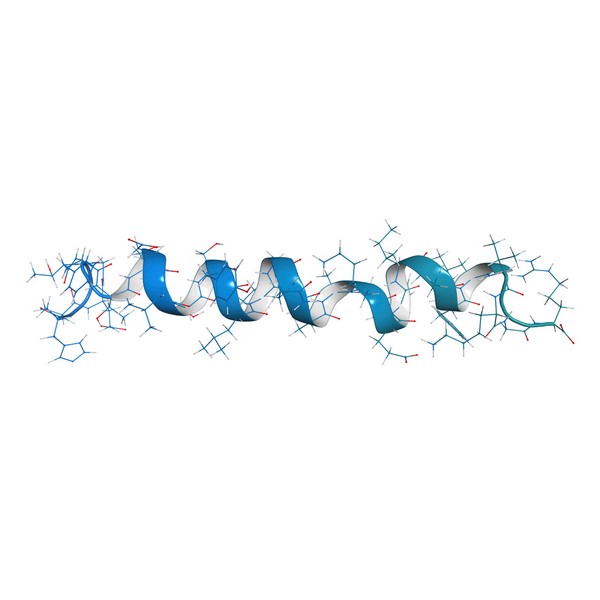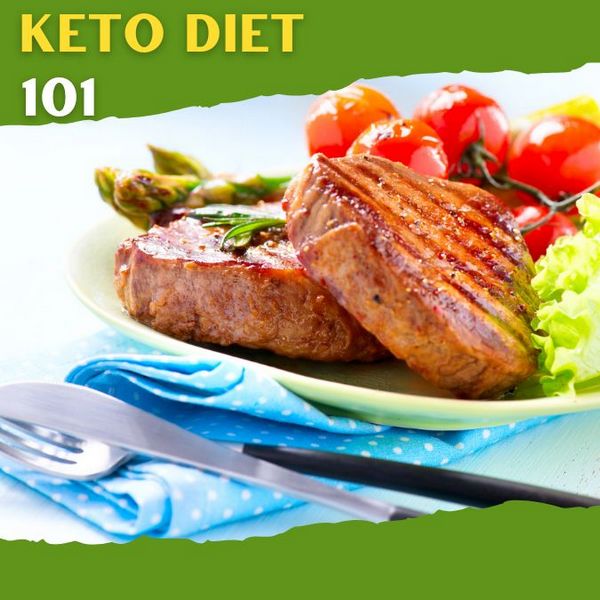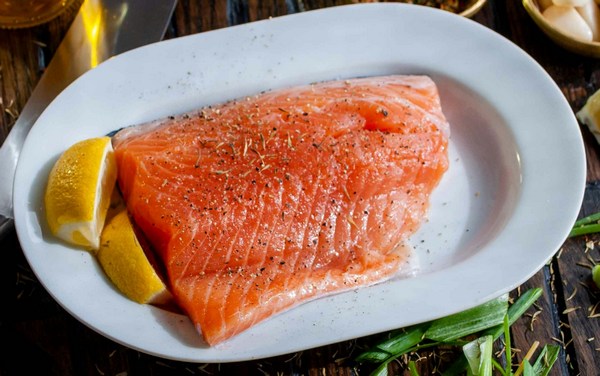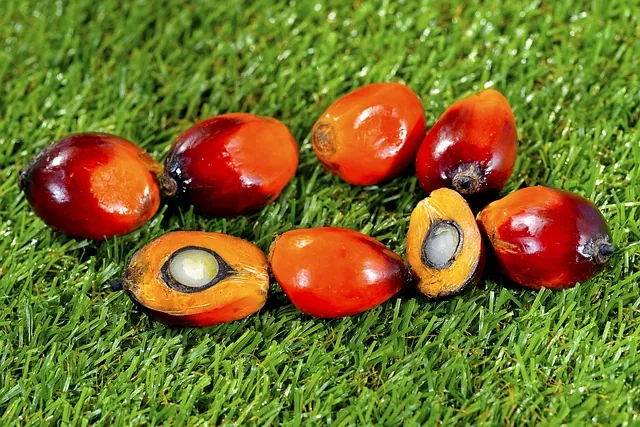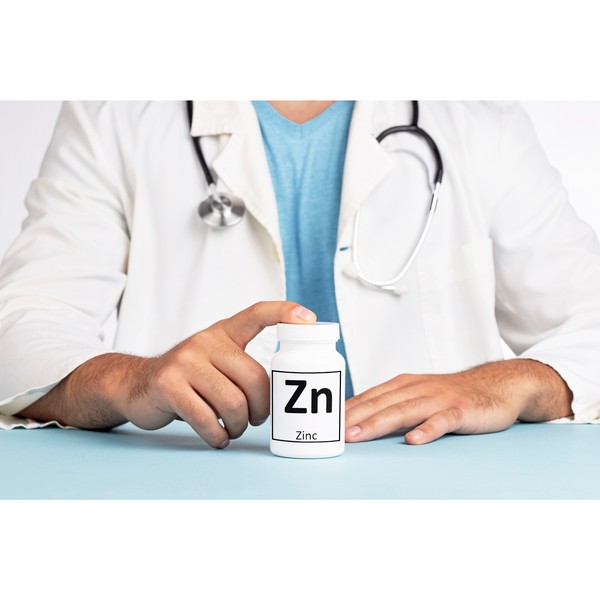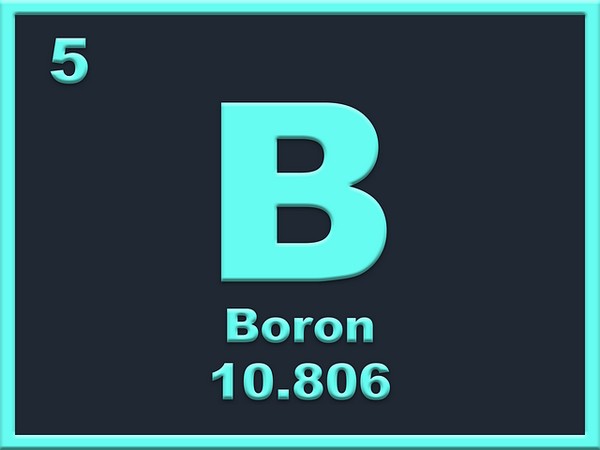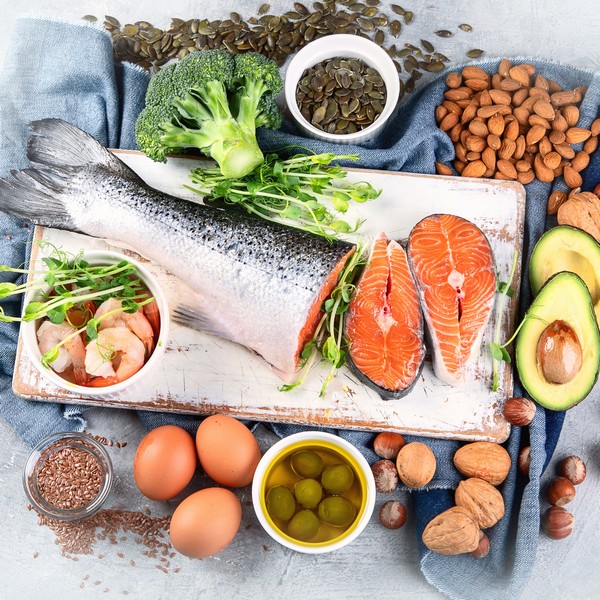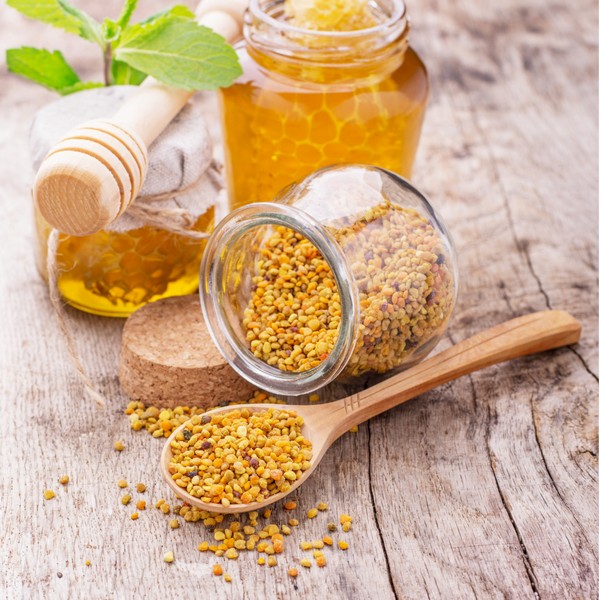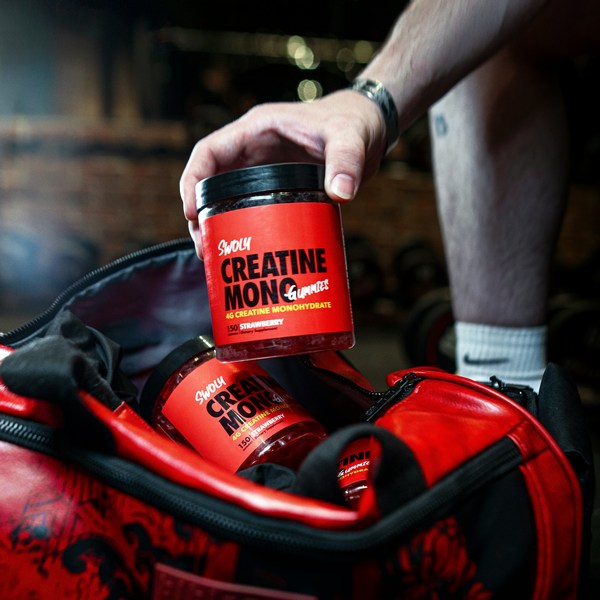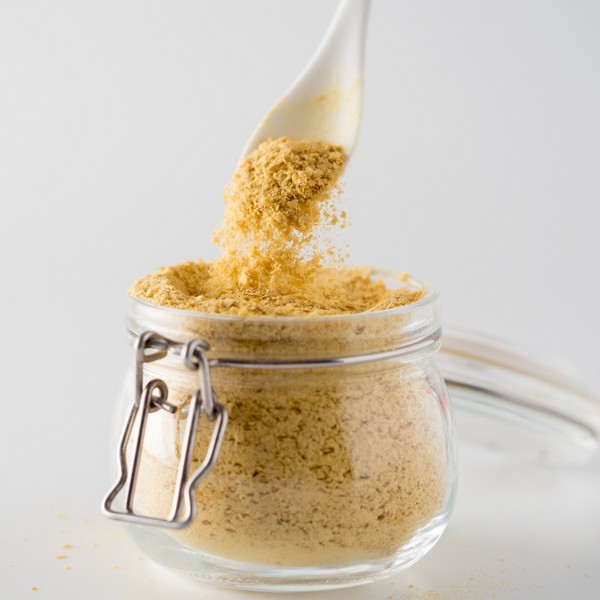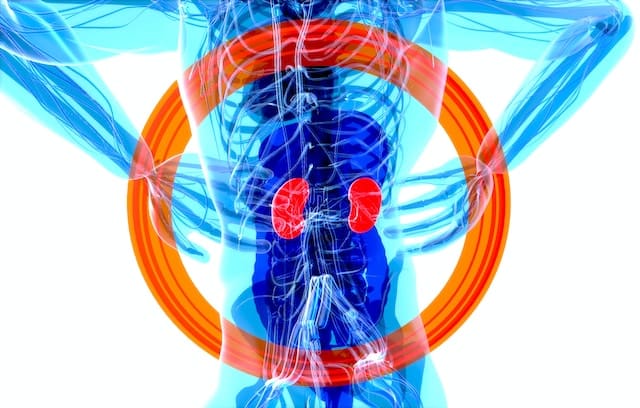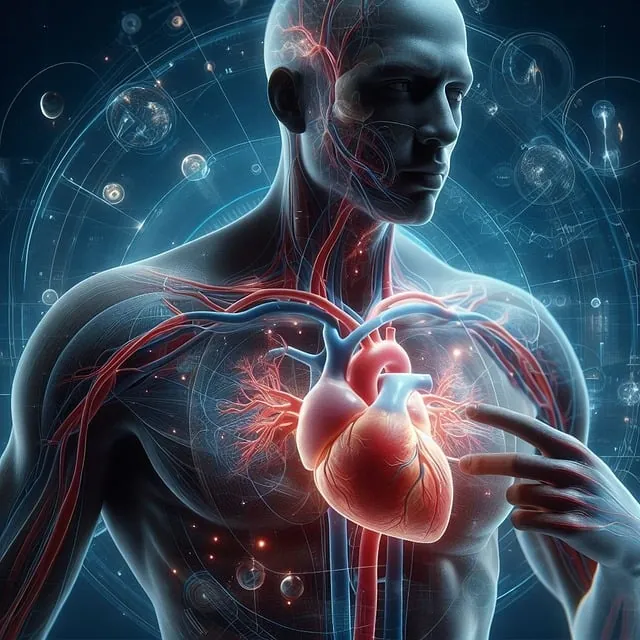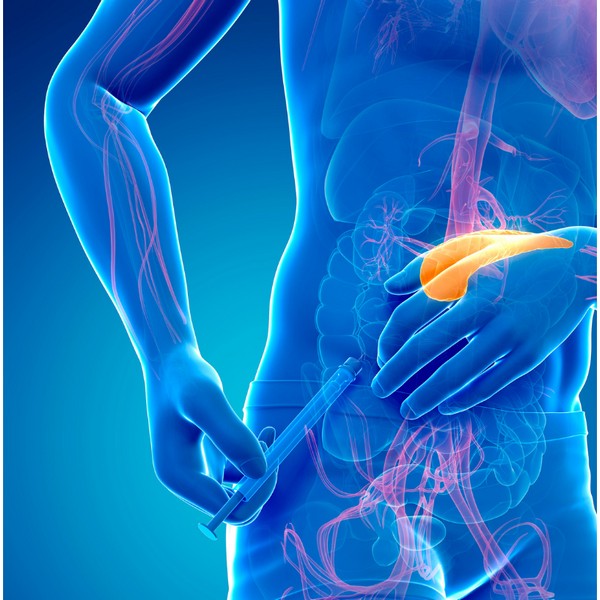Key Highlights
- Whole food vitamin C complex is essential for a strong immune system and overall health.
- Unlike synthetic ascorbic acid, whole food vitamin C contains bioflavonoids, tyrosinase, and other important components.
- Bioflavonoid complexes in vitamin C support absorption and provide immune support.
- Vitamin C works synergistically with tyrosinase, P factors, J factors, and K factors for enhanced effectiveness.
- Copper, an important component of whole food vitamin C, plays a vital role in overall health.
Table of Contents
Vitamin C, is essential for our health, supporting collagen formation, iron absorption, immune function, wound healing, and maintaining our cartilage, bones, and teeth.
Whole food sources of Vitamin C are superior because they’re not just ascorbic acid; they include a variety of elements that enhance its benefits.
Understanding Whole Food Vitamin C Complex

When we think of vitamin C, the image of orange juice or ascorbic acid supplements might come to mind. However, the whole food vitamin C complex offers a more varied nutrient profile and is actually more abundant in grass than the typical orange.
Whole food vitamin C complex consists of several essential components that work together to provide the full range of benefits associated with vitamin C.
Bioflavonoids
Bioflavonoid Complexes are Vitamin C’s sidekicks, present alongside it in fruits and vegetables. They’re not just filler; they boost Vitamin C’s absorption, support blood vessel strength, showcase antioxidant capabilities, and may help prevent cancer. Eating a variety of fruits and veggies is crucial to not miss out on these beneficial compounds.
- Quercetin is the quiet achiever of the bioflavonoid world. It’s in onions, apples, and tea. What does it do? It’s all about reducing inflammation and acting as an antioxidant. If you’re looking to ease allergies or support your heart, quercetin is your go-to.
- Rutin might not be a household name, but it should be. Found in buckwheat, citrus fruits, and figs, this bioflavonoid strengthens your blood vessels. Got varicose veins or bruises? Rutin could help keep those in check.
- Hesperidin is chilling in citrus fruits, especially the peels. It’s not just about adding a zesty flavor to your dishes. Hesperidin works to improve blood flow and reduce inflammation. It’s particularly good for folks looking to support their circulation.
- Catechins take the spotlight in green tea, and they’re stars for a reason. These bioflavonoids are all about heart health and weight management. Plus, they have a rep for their cancer-fighting properties. So, next time you sip on green tea, remember it’s doing more than just warming you up.
- Anthocyanins give fruits and veggies like berries and eggplants their vibrant colors. But they’re not just about looks. They help fight heart disease, improve brain function, and combat inflammation. If you want to add some color to your diet and health, anthocyanins are the way to go.
- Naringenin has a thing for grapefruits. It’s what gives grapefruits their bitter taste. But here’s the twist: naringenin is a champ at battling inflammation and oxidative stress. Thinking of skipping that grapefruit because of the bitterness? You might want to reconsider.
- Ellagic acid hangs out in nuts and berries, especially raspberries and strawberries. It’s got a knack for fighting cancer cells and protecting your skin from UV damage. So, adding a handful of berries to your breakfast can do more than just tickle your taste buds.
- Genistein is big in soy products. It’s got a special talent for hormone regulation and is a warrior against certain types of cancer. If you’re eyeing some tofu or edamame, you’re on the right track to harnessing genistein’s benefits.
- Kaempferol is a bit of a social butterfly, found in a variety of fruits, vegetables, and teas. It loves to reduce the risk of chronic diseases by tackling inflammation and oxidative stress. From kale and spinach to tea, kaempferol is there to uplift your health.
- Myricetin can be a bit elusive, found in fruits, vegetables, and even some herbs like fenugreek. It’s a powerhouse in fighting diabetes and reducing the risk of heart disease. So, next time you’re meal prepping, think about how myricetin can be your secret ingredient for wellness.
Bioflavonoids offer anti-inflammatory benefits, crucial for disease prevention and health maintenance. These bioflavonoid-rich foods not only diversify and enrich your diet but also bolster your overall wellness strategy. By focusing on these nutrients, you’re not just eating healthy, but smart, leveraging their unique benefits for your health.

Natural Sources of Bioflavonoid Complexes
Bioflavonoids are natural antioxidants found in colorful fruits and vegetables. To boost your intake, include onions, apples, citrus fruits, green tea, and berries in your diet.
- Citrus fruits: Citrus bioflavonoids, such as hesperidin and quercetin, are abundant in citrus fruits like oranges, lemons, and grapefruits. These bioflavonoids not only enhance the absorption of vitamin C but also provide their own health benefits, including antioxidant and anti-inflammatory properties.
- Rose hips: Rose hips are the fruit of the wild rose plant and are known for their high vitamin C content. They also contain a variety of bioflavonoids, including rutin and quercetin. Adding rose hips to your diet or taking rose hip supplements can provide a natural source of bioflavonoid complexes.
- Whole food sources: Fruits and vegetables like berries and broccoli are rich in bioflavonoids and can be enjoyed in various dishes to support your overall health.
These components synergize with vitamin C to enhance its effectiveness and provide comprehensive support to our immune system, vascular health, respiratory health, and overall well-being.
Oranges aren't the only way for you to get your vitamin C—cabbage can also provide a huge amount of the nutrient if you need to add more to your diet! pic.twitter.com/JQb7C0DFIA
— GeorgiaGrown (@GeorgiaGrown) May 17, 2021
Tyrosinase
Tyrosinase plays crucial roles in the human body, primarily in the production of melanin, the pigment responsible for the color of skin, hair, and eyes.
Acting like an artist with a palette, tyrosinase kicks off the process by catalyzing the oxidation of tyrosine, an amino acid, into DOPA (dihydroxyphenylalanine) and further into dopaquinone. These reactions are the first steps in the complex pathway that leads to the creation of melanin.
Melanin, while famous for giving our skin, hair, and eyes their color, has several critical roles beyond just pigmentation.
- UV Protection: Melanin acts as a natural sunscreen. It absorbs harmful UV radiation from the sun, protecting our skin cells from DNA damage that can lead to skin cancer. Think of it as the body’s built-in shade.
- Antioxidant Properties: Melanin has antioxidant properties, helping to neutralize harmful free radicals that can cause cellular damage and aging. It’s like having a little superhero in our cells, fighting off the bad guys.
- Protects Against Heat Damage: Melanin can protect our bodies from heat damage. By absorbing a portion of the harmful infrared rays from the sun, it helps maintain the integrity of our skin even in harsh conditions.
- Preserves Neural Function: In the brain, a type of melanin known as neuromelanin plays a protective role. It’s thought to shield neurons in certain brain regions, potentially impacting brain health and the risk of neurological disorders.
- Visual and Hearing Functions: Melanin is involved in the proper functioning of both the eyes and ears. In the eyes, it helps improve vision by absorbing excess light, which can sharpen focus and reduce glare. In the inner ear, it’s thought to protect against certain types of hearing loss.
So, while melanin’s role in defining our looks is often what gets all the attention, its duties as a protector against environmental hazards and a supporter of our overall health are equally remarkable.
Tyrosinase has other functions, including contributing to the browning process in damaged or aging tissues and playing a part in the immune response. So, in a way, tyrosinase acts as a guardian, helping to shield the body from potential DNA damage caused by sun exposure.
Tyrosinase helps activate our body’s defense mechanism by enhancing the effectiveness of white blood cells. These cells play a crucial role in fighting off infections and diseases, making tyrosinase an essential component for a strong immune system.
Copper

Copper facilitates collagen production and numerous enzyme functions. It aids in iron metabolism, energy production, and the formation of red blood cells. Additionally, copper acts as an antioxidant, combating oxidative stress. This mineral is crucial for maintaining a healthy immune system and promoting overall well-being.
Copper deficiency can impair immune function and lead to anemia. It’s essential to maintain a balanced copper intake through whole food vitamin C complex to support overall health.
Copper is essential for tyrosinase’s activity, acting as a catalyst for melanin production. Without copper, tyrosinase cannot function properly, disrupting melanin synthesis. This emphasizes the interconnectedness of nutrients within whole-food Vitamin C sources, underlining their superiority over synthetic supplements.
The synergy between tyrosinase, copper, and other cofactors in whole foods ensures a balanced melanin production, preventing issues like dark spots while supporting overall skin health.
P, K, and J Factors
Together, P Factors, J Factors, and K Factors are key components of the whole food Vitamin C complex, each offering unique benefits. They ensure optimal absorption of Vitamin C, support blood health from capillary integrity to oxygenation and clotting, highlighting the advantages of whole food sources over synthetic supplements.
This holistic approach not only enhances Vitamin C’s efficacy but also promotes overall health through synergistic action.

P factors play a significant role in maintaining vascular health and integrity. Here’s why they are important for our overall well-being:
- Strengthening blood vessels: P factors help in maintaining the strength and integrity of our blood vessels. They play a crucial role in preventing easy bruising and bleeding gums, which are common symptoms of vitamin C deficiency.
- Vascular health support: By supporting the strength and integrity of blood vessels, P factors contribute to overall vascular health. Healthy blood vessels are essential for efficient circulation and the transport of nutrients and oxygen throughout the body.
- Antioxidant properties: P factors also possess antioxidant properties, which help neutralize harmful free radicals in the body. This antioxidant activity helps protect our blood vessels from oxidative damage and inflammation.
J factors play a crucial role in supporting our respiratory health. Here’s how they contribute to the well-being of our respiratory system:
- Increased oxygen-carrying capacity: J factors enhance the ability of red blood cells to carry oxygen. By increasing the oxygen-carrying capacity of our blood, J factors ensure that our respiratory system has an ample supply of oxygen for efficient functioning.
- Support for lung health: The enhanced oxygen-carrying capacity provided by J factors is beneficial for lung health. Our lungs require a constant supply of oxygen to support their vital functions, and J factors help optimize oxygen delivery.
- Overall respiratory vitality: By supporting efficient oxygen transport, J factors contribute to overall respiratory vitality. They help maintain optimal lung function and promote a healthy respiratory system.
K factors play a vital role in blood clotting and bone health. Here’s how they contribute to these essential processes:
- Blood clotting: K factors are involved in the blood clotting process. They help ensure that blood clots form when necessary to prevent excessive bleeding. Without K factors, our blood would have difficulty clotting, leading to prolonged bleeding.
- Bone health support: K factors also play a role in maintaining bone health. They contribute to the production of proteins that are essential for bone formation and strength. Adequate levels of K factors are necessary for optimal bone health and the prevention of conditions like osteoporosis.
Daily Recommended Intake & Sources
To reap the benefits of whole food vitamin C complex, consider a daily intake of around 75-90mg for women and 90mg for men. Sources rich in this nutrient include bell peppers, citrus fruits, kiwi, and strawberries.
Supplementation can aid in meeting the recommended intake, especially during times of increased immune support needs.
Pure Radiance Whole Food Vitamin C Complex is available in capsule form, making it easy to incorporate into your daily routine.

Debunking Common Myths About Vitamin C
Some individuals worry about vitamin C overdose, but it’s usually uncommon from dietary sources. High doses from supplements might cause gastrointestinal issues like diarrhea. Always consult a healthcare provider before taking large doses.
Interestingly, excessive vitamin C is water-soluble, so the body typically excretes the excess. Nonetheless, be cautious with mega-dosing since it can impact iron absorption in susceptible individuals. Moderation is key, and staying within recommended daily limits is generally safe and beneficial for health. Remember, balance is crucial in all nutrient intake.
Conclusion
In conclusion, mastering the Whole Food Vitamin C Complex is crucial for optimal health. Understanding its components, the importance of bioflavonoid complexes, and the synergy with other factors enhances its benefits. Balancing copper intake and maximizing absorption through natural sources are key.
Please note that it’s always a good idea to consult with a healthcare provider or a nutritionist for personalized advice on your diet. They can provide you with the most accurate information based on your individual health needs.
Frequently Asked Questions
What is Whole Food Vitamin C Complex?
Whole Food Vitamin C Complex is a natural form of Vitamin C derived from food sources. It includes ascorbic acid, bioflavonoids, tyrosinase, and other components that work together to enhance health.
Why is Whole Food Vitamin C Complex better than synthetic supplements?
Whole Food Vitamin C Complex is superior because it provides a complete spectrum of components that work synergistically. Synthetic supplements typically contain only ascorbic acid.
What are the health benefits of Whole Food Vitamin C Complex?
Whole Food Vitamin C Complex supports immune function, aids in collagen production, enhances iron absorption, and provides antioxidant protection. It also contributes to healthy skin, hair, and eyes.
What foods are rich in Whole Food Vitamin C Complex?
Fruits and vegetables, particularly citrus fruits, berries, peppers, and leafy greens, are rich in Whole Food Vitamin C Complex.
Can I get enough Vitamin C from my diet?
Yes, a balanced diet rich in tangy fruits and low glycemic vegetables can provide sufficient Vitamin C. However, individual needs may vary, and some people may require supplements.
Are there any side effects of consuming Whole Food Vitamin C Complex?
Whole Food Vitamin C Complex is generally safe and well-tolerated. However, excessive intake may cause digestive discomfort. Always consult a healthcare provider for personalized advice.
How can I incorporate more Whole Food Vitamin C Complex into my diet?
Incorporate fruits like acerola, camu camu and vegetables like cabbage into your diet. Also, consider high quality natural supplements made from whole food sources.
Remember, it’s always best to consult with a healthcare provider or a nutritionist for personalized dietary advice.
Research Almeida, A.F., Borge, G.I.A., Piskula, M., Tudose, A., Tudoreanu, L., Valentová, K., Williamson, G. and Santos, C.N., 2018. Bioavailability of quercetin in humans with a focus on interindividual variation. Comprehensive reviews in food science and food safety, 17(3), pp.714-731. Bieler, H. (1967). Food is Your Best Medicine New York: Random House. Bird JK, Murphy RA, Ciappio ED, McBurney MI. Risk of Deficiency in Multiple Concurrent Micronutrients in Children and Adults in the United States. Nutrients. 2017 Jun 24;9(7):655. doi: 10.3390/nu9070655. PMID: 28672791; PMCID: PMC5537775. Boyle, S.P., Dobson, V.L., Duthie, S.J., Hinselwood, D.C., Kyle, J.A.M. and Collins, A.R., 2000. Bioavailability and efficiency of rutin as an antioxidant: a human supplementation study. European Journal of Clinical Nutrition, 54(10), pp.774-782. Chen, Y., Michalak, M. and Agellon, L.B., 2018. Focus: Nutrition and food science: Importance of nutrients and nutrient metabolism on human health. The Yale journal of biology and medicine, 91(2), p.95. DeCava, J.A., 1997. The Real Truth about Vitamins and Antioxidants. Fitzpatrick, T.B., Becker Jr, S.W., Lerner, A.B. and Montgomery, H., 1950. Tyrosinase in human skin: demonstration of its presence and of its role in human melanin formation. Science, 112(2904), pp.223-225. Frazer, D.M. and Anderson, G.J., 2014. The regulation of iron transport. Biofactors, 40(2), pp.206-214. Frost, M., 1997. Going Back to the Basics of Human Health. San Diego, Calif.: International Foundation for Nutrition and Health. Jensen, B., 1995. Empty harvest: understanding the link between our food, our immunity, and our planet. Penguin. Kris-Etherton PM, Hecker KD, Bonanome A, Coval SM, Binkoski AE, Hilpert KF, Griel AE, Etherton TD. Bioactive compounds in foods: their role in the prevention of cardiovascular disease and cancer. Am J Med. 2002 Dec 30;113 Suppl 9B:71S-88S. doi: 10.1016/s0002-9343(01)00995-0. PMID: 12566142. Lai, X., Wichers, H.J., Soler‐Lopez, M. and Dijkstra, B.W., 2018. Structure and function of human tyrosinase and tyrosinase‐related proteins. Chemistry–A European Journal, 24(1), pp.47-55. McBurney, M.I., Blumberg, J.B., Costello, R.B., Eggersdorfer, M., Erdman Jr, J.W., Harris, W.S., Johnson, E.J., Hazels Mitmesser, S., Post, R.C., Rai, D. and Schurgers, L.J., 2021. Beyond nutrient deficiency—opportunities to improve nutritional status and promote health modernizing DRIs and supplementation recommendations. Nutrients, 13(6), p.1844. Narayana, K.R., Reddy, M.S., Chaluvadi, M.R. and Krishna, D.R., 2001. Bioflavonoids classification, pharmacological, biochemical effects and therapeutic potential. Indian journal of pharmacology, 33(1), pp.2-16. O'Shea, T., Whole Food Vitamins: Ascorbic Acid Is Not Vitamin C. Polonifi, A., Politou, M., Kalotychou, V., Xiromeritis, K., Tsironi, M., Berdoukas, V., Vaiopoulos, G. and Aessopos, A., 2010. Iron metabolism gene expression in human skeletal muscle. Blood Cells, Molecules, and Diseases, 45(3), pp.233-237. Prasad, R., 2012. Micro mineral nutrient deficiencies in humans, animals and plants and their amelioration. Proceedings of the National Academy of Sciences, India Section B: Biological Sciences, 82, pp.225-233. Russo, A., Acquaviva, R., Campisi, A., Sorrenti, V., Di Giacomo, C., Virgata, G., Barcellona, M.L. and Vanella, A., 2000. Bioflavonoids as antiradicals, antioxidants and DNA cleavage protectors. Cell biology and toxicology, 16, pp.91-98. Sánchez-Ferrer, Á., Rodríguez-López, J.N., García-Cánovas, F. and García-Carmona, F., 1995. Tyrosinase: a comprehensive review of its mechanism. Biochimica et Biophysica Acta (BBA)-Protein Structure and Molecular Enzymology, 1247(1), pp.1-11. Singh, H. and Bharti, J., 2021. Incredibly Common Nutrient Deficiencies. EAS Journal of Nutrition and Food Sciences, 3(6), pp.175-178. Tapas, A., Sakarkar, D. and Kakde, R., 2008. The chemistry and biology of bioflavonoids. Research Journal of Pharmacy and Technology, 1(3), pp.132-143. Welch, R.M., 2002. The impact of mineral nutrients in food crops on global human health. Plant and Soil, 247, pp.83-90. Willer, D.F. and Aldridge, D.C., 2020. Vitamin bullets. microencapsulated feeds to fortify shellfish and tackle human nutrient deficiencies. Frontiers in Nutrition, 7, p.102. Xu K, Peng R, Zou Y, Jiang X, Sun Q, Song C. Vitamin C intake and multiple health outcomes: an umbrella review of systematic reviews and meta-analyses. Int J Food Sci Nutr. 2022 Aug;73(5):588-599. doi: 10.1080/09637486.2022.2048359. Epub 2022 Mar 15. PMID: 35291895.
11 Electrifying Health Benefits of Trace Minerals
What are Trace Minerals?The Major Roles of Trace MineralsSources of Trace MineralsDeficiencies in Trace MineralsThe Impact of Trace Minerals on Specific Health ConditionsFrequently Asked Questions…
TUDCA Benefits for Health
Medium Chain Triglycerides (MCTs): Uncovering 5 Health Benefits
This potent, natural source of energy has gained considerable attention in recent years for its impressive array of benefits. MCT oil is a versatile addition…
CoQ10: What Is It and Why Is It Important?
Key Takeaways CoQ10 (Coenzyme Q10) is an antioxidant produced by the body, essential for energy production in cells. Levels of CoQ10 naturally decrease with age…
Conjugated Linoleic Acid (CLA): Benefits & Sources
Key Takeaways CLA is a type of fatty acid found primarily in animal products like beef and dairy. Known for potential benefits such as weight…
Magnesium: Better Sleep, Stress Relief and More
Grains & Legumes Secretly Harming Your Health? Find Out Now!
Key Takeaways: – Grains and legumes contain antinutrients like lectins and phytic acid, which can interfere with nutrient absorption. – These foods may trigger digestive…
Allulose: The Best Sugar Alternative
How Collagen Supports Healthy Skin, Joints, and More
Key Takeaways Collagen is the most abundant protein in the body, supporting the structure of skin, bones, and connective tissues. It helps maintain skin elasticity,…
Spirulina: Health Benefits and Uses
Key Takeaways Spirulina boosts immune function with its high nutrient content and antioxidant properties. Rich in proteins and essential vitamins, enhances overall nutrition. Helps reduce…
8 Key Signs of Nutrient Deficiency
Key Takeaways Magnesium: A multitasker that aids in over 300 biochemical reactions in the body. Copper: Supports neurological function, cardiovascular and immune system health, iron…
Potassium: Benefits & Sources
Key Takeaways Potassium is essential for regulating fluid balance, nerve signals, and muscle function. It supports heart health and helps maintain proper blood pressure. Adequate…
Actual Superfoods: Real Foods You Should Be Eating
Key Takeaways Superfoods are nutrient-dense foods, offering essential vitamins, minerals, and fats. Prioritize high-quality sources for optimal nutrition. They support overall health, boost energy, and…
Cholesterol Misconceptions: Separating Fact from Fiction
Key Takeaways: High inflammation and blood pressure are major risk factors for heart disease. Cholesterol is vital for hormone production, cell membrane structure, and digestion,…
Vitamin E Complex
Key Takeaways Vitamin E is a powerful antioxidant that protects cells from oxidative damage, reducing the risk of chronic diseases. The vitamin E complex includes…
Natural Treatment for Irritable Bowel Syndrome (IBS): Effective Remedies Explored
Understanding IBSSymptoms of IBSRole of Diet in IBSNatural Remedies for IBSSupplements for IBSRole of Probiotics in IBSFrequently Asked Questions Understanding IBS Irritable Bowel Syndrome (IBS)…
Is Eating Sugar Really That Bad For Your Health?
Should You Really Be Concerned? In short, YES! Thank you, that’s all folks, and do have a good evening. Seriously though, extensive research has established…
L-Glutamine and Gut Health: Benefits and Side Effects
Key Takeaways L-Glutamine is essential for gut health. Benefits include improved digestion and reduced inflammation. Potential side effects are rare but can occur in high…
6 Best Natural Ways to Manage Your Blood Sugar: A Quick & Easy Guide
1. Intermittent fasting2. Exercise3. Dietary fiber4. Sleep5. Weight loss6. SupplementationBioclinic NaturalsPGX BiotiquestSugar Shift Every time you eat it, it’s plotting something sinister. Sugar isn’t as…
Carnivore Diet: Benefits, Risks, Food List & More
Key Takeaways The carnivore diet is a keto diet that only allows for animal-based foods, and has potential health benefits. Tips for success include hydrating,…
How Cod Liver Oil Can Transform Your Health and Wellness
Cod liver oil has been used for centuries as a natural remedy for various health conditions. Packed with essential nutrients and fatty acids, cod liver…
Benefits of Sea Moss Explained
Key Takeaways Rich in Nutrients: Sea moss is packed with essential vitamins, minerals, and antioxidants, supporting overall health and wellness. Supports Immune Function: Its high…
13 Most Dangerous Foods Revealed
Key Highlights Fugu, or pufferfish, is one of the most poisonous foods in the world, with its organs containing a neurotoxin that can paralyze motor…
Liver: 5 Surprising Benefits Backed by Science
Hold on! Don’t run away! You need to read this. Liver is a highly nutritious organ meat that is often overlooked in modern diets. Packed…
Vitamin A (Retinol): Essential Nutrient for Health
Key Takeaways: Natural Vitamin A, also known as Retinol, is crucial for vision, immune function, and skin health. Retinol is essential for healthy vision, particularly…
How Stabilized Rice Bran Supports Digestive & Heart Health
Key Takeaways – Stabilized rice bran is a nutrient-rich source of vitamins, minerals, and antioxidants. – The stabilization process prevents rancidity, making it a long-lasting…
Increase GLP-1 Agonists Naturally
Key Takeaways: GLP-1 agonists regulate appetite, insulin production, and blood sugar levels. Regular exercise and quality sleep maintain optimal GLP-1 levels. High-protein, low-carb diets effectively…
Keto Diet 101: A Complete Beginner’s Guide
Key Highlights The ketogenic diet is a low-carb, high-fat diet that can lead to weight loss and has many health benefits. By reducing carbohydrate intake…
5 Major Benefits of Omega-3 Fatty Acids
Key Takeaways Omega-3 fatty acids support heart health by reducing triglycerides and lowering blood pressure. They play an important role in brain function and development,…
Iron Overload: Symptoms & Prevention Tips
Key Takeaways: Iron overload happens when the body absorbs excessive iron, which can damage organs. Common symptoms include fatigue, joint pain, and skin changes. Early…
Red Palm Oil: Unveiling The Potent Health Benefits
Struggling to find the right oil for your health and kitchen? Red palm oil is packed with nutrients that might just be what you need….
Zinc Supplements: Risks and Dangers
Key Takeaways Zinc supports immunity, wound healing, and cell growth. High zinc supplement doses can cause health problems. Always consult a healthcare provider before taking…
Taurine: The Mighty Amino Acid for Optimal Health
Key Takeaways Taurine supports heart health, regulates blood pressure, and reduces oxidative stress. Essential for muscle function, brain health, and cognitive function. Aids in insulin…
Boron: Benefits of a Lesser-Known Mineral
Key Takeaways Boron is a trace mineral with significant health benefits. It supports brain function, bone health, and hormonal balance. Understanding boron’s role can improve…
The Impact of Ultra-Processed Foods on Your Wellbeing
Every bite we take is a step toward either wellness or illness. In our fast-paced world, ultra-processed foods have become a staple, silently shaping our…
Healthy Fat: is Butter Better?
Key Takeaways Saturated fats, like those found in butter, may not be as harmful as once thought and can be part of a healthy diet….
Trimethylglycine TMG: Betaine Anhydrous Explained
Key Takeaways Betaine Anhydrous (TMG) is a compound found naturally in various foods and offers several health benefits. TMG supports liver health by reducing fatty…
Tallow: Benefits, Uses, and Nutrition
Key Takeaways: Tallow is a nutrient-rich animal fat with many practical uses. It contains valuable vitamins such as A, D, E, and K. Tallow is…
ALA vs. DHA & EPA Omega-3: Why Source Matters
Key Takeaways ALA (Alpha-Linolenic Acid) is found in flaxseeds, chia seeds, and walnuts, but converts poorly to DHA and EPA. DHA and EPA are critical…
Copper: Little-Known Health Benefits
Key Takeaways Copper is an essential trace mineral with benefits, including ceruloplasmin production, energy production and antioxidant properties. Copper is critical for brain health by…
5-HTP: Natural Ways to Boost Serotonin and Improve Mood
Key Takeaways: 5-HTP is a natural compound that helps boost serotonin levels in the brain. It can support mood regulation, sleep improvement, and stress reduction….
Bee Pollen: Nature’s Secret Superfood
Key Takeaways Bee pollen is packed with essential nutrients and offers numerous health benefits. It supports immune function, boosts energy, and promotes overall well-being. Adding…
Silica: for Healthier Skin, Hair, and Nails
Key Takeaways: Silica supports strong and healthy skin, hair, and nails. It promotes bone health by boosting collagen production. Silica helps improve joint flexibility and…
Protein: You probably need more
Key Takeaways Protein is needed for building and repairing body tissues. It supports muscle growth, immune function, and hormone production. Bioavailable sources of protein include…
Calcium Supplements: What You Need to Know
Key Takeaways Calcium supplements have been linked to heart disease and kidney stones. Excess calcium from supplements can lead to imbalances and health issues. Natural…
Creatine Myths Debunked: Separating Fact from Fiction
Key Takeaways Common myths about creatine, such as it causing kidney damage, weight gain, and being a steroid, are widespread but unsupported by scientific evidence….
Benefits of Nutritional Yeast
Key Takeaways Nutritional yeast is a rich source of vitamins and minerals. It supports immune function and promotes skin health. Its cheesy flavor makes it…
What You Need to Know About Salt and Your Health
Table of ContentsThe Health Benefits of Unrefined Sea SaltElectrolyte BalanceMineral ContentImproved HydrationBoosted Energy LevelsImmune SupportImproved DigestionBalanced pH LevelsReduced Water RetentionHeart Health SupportStronger Bones and TeethEnhanced…
Postbiotics: What They Are and Why They Are Important
Key Takeaways Postbiotics 101: They’re beneficial by-products from probiotics that consume prebiotics Boosts Immunity: Postbiotics sharpen your immune system, helping fight off pathogens and reducing…
Eggs: A Comprehensive Guide
Key Highlights Eggs are a nutritional powerhouse, containing all the essential vitamins and minerals needed for overall health. Vital role in a balanced diet, providing…
L-Carnitine: Benefits, Dosage, and Side Effects
Key Takeaways L-Carnitine supports fat metabolism and energy production. Benefits include enhanced exercise performance and improved heart health. Proper dosing minimizes potential side effects. Understanding…
Do This! The Ultimate Guide to Fasting Safely and Effectively
In our increasingly busy lives, finding time to take care of our bodies can often take a backseat. One method that has gained attention recently…
Berberine Has 11 More Incredible Benefits Than You Thought
Berberine is a compound found in several plants that has been used for centuries in traditional Chinese medicine and Ayurveda. It has recently gained popularity…
Do Artificial Sweeteners Cause Weight Gain? The Surprising Truth
Key Takeaways – Artificial sweeteners may disrupt gut microbiome balance, impacting digestion and immune health….
What You Need to Know About Salt and Your Health
Table of ContentsThe Health Benefits of Unrefined Sea SaltElectrolyte BalanceMineral ContentImproved HydrationBoosted Energy LevelsImmune SupportImproved…
How To Optimize Your Weight Loss Efforts
1. Get Your Beauty Sleep for Optimal Weight Loss2. Natural Solutions for Weight Loss3. Stress…
11 Amazing Tips to Improve Your Sleep Quality
Limit Power NapsModulate Sunlight ExposurePay Attention to CaffeineSchedule BedtimePlan Ahead for DinnertimeMelatonin: Not what you…
7 Simple Tips for Lowering Blood Pressure Naturally
Maintaining healthy blood pressure levels is essential for overall well-being, as high blood pressure can…
Proteolytic Enzymes and Heart Health: What the Research Shows
Your heart works tirelessly to pump blood throughout your body, delivering essential nutrients and oxygen…
Is Eating Sugar Really That Bad For Your Health?
Should You Really Be Concerned? In short, YES! Thank you, that’s all folks, and do…
Natural Treatment for Irritable Bowel Syndrome (IBS): Effective Remedies Explored
Understanding IBSSymptoms of IBSRole of Diet in IBSNatural Remedies for IBSSupplements for IBSRole of Probiotics…
Medium Chain Triglycerides (MCTs): Uncovering 5 Health Benefits
This potent, natural source of energy has gained considerable attention in recent years for its…
7 Remedies for Kidney Stones: A Comprehensive Guide
Key Takeaways Staying well-hydrated and adopting a balanced diet can help prevent kidney stones. Knowing…
Berberine Has 11 More Incredible Benefits Than You Thought
Berberine is a compound found in several plants that has been used for centuries in…

